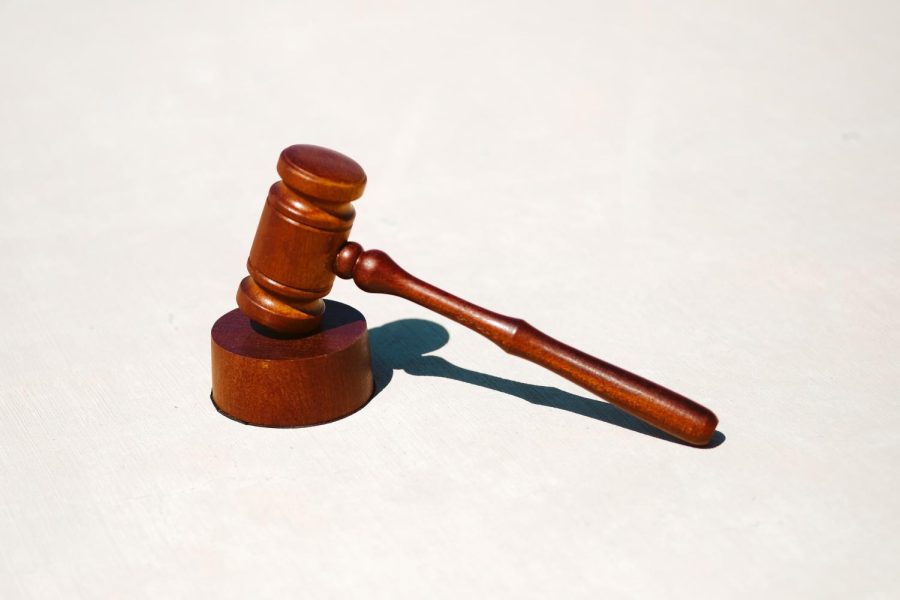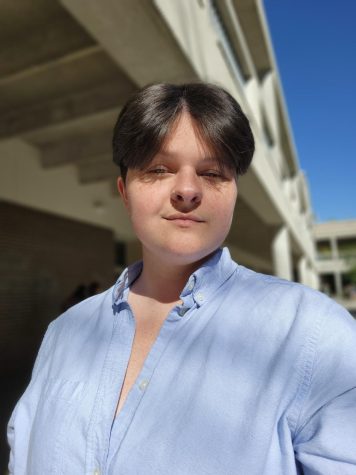The Eleventh Circuit Court of Appeals has blocked the infamous Stop WOKE Act from public universities again, claiming that it violates the First Amendment and the Fourteenth Amendment.
Florida House Bill 7, known as the “Stop the Wrongs to Our Kids and Employees Act,” was proposed early in 2022 and has already been passed and enforced in K-12 schools across the state.
The bill’s goal was to “protect individual freedoms and prevent discrimination in the workplace and public schools,” according to the Education Committee of the Florida House of Representatives. It changed how concepts related to race, gender, and sexual orientation were discussed in classrooms.
Passed April 22, 2022, HB 7 went into effect that summer and has opened the door to multiple pieces of legislation aimed at diversity, equity and inclusion initiatives. This law was the driving force behind Gov. DeSantis call to revamp AP African American Studies, as well as request information from universities regarding DEI programs.

After the newly-passed law took effect, many organizations including the American Civil Liberties Union (ACLU) and the Legal Defense Fund (LDF) filed a lawsuit against HB 7. In the case Pernell v. Florida Board of Governors, plaintiffs claimed that the law violates the First and Fourteenth Amendments and was therefore unconstitutional.
LDF argued that the law goes against the First Amendment’s protections over freedom of speech, saying it imposes “restrictions on speech and information in college classrooms.”
The lawsuit was formed on Aug. 18, 2022. The plaintiffs argued that the law was intentionally vague and that it “was enacted with a racially discriminatory purpose and will have a disparate impact on Black educators and students,” according to the ACLU.
The district court blocked the Stop WOKE Act with a preliminary injunction on Nov. 17, 2022, and remained blocked until the case was revisited just last week. The Eleventh Circuit Court of Appeals upheld the injunction until they reach a formal decision.
Dr. Adrienne Lerner, a political science professor at UNF with a focus in constitutional law, explained that this preliminary injunction is temporary while the courts come to their decision. The court must review the merits of the case, but it is going to be a while before that happens, she said.
Dr. Lerner said that multiple outcomes may be seen as the bill gets pushed through the court system. There are provisions in Florida that allow for some parts of the bill to get struck down while others stand, so if it is found to be unconstitutional at the college level, HB 7 may only be removed in universities and not K-12.
“It depends on how broad the court is in any ruling that would find parts of it unconstitutional,” she said. “So we would really have to look at the court’s decision in this.”
The preliminary injunction in place is usually an indicator that the courts would move slowly in their decisions, but with Judge Walker’s 23-page long opinion, it may pick up speed. With the attention on a national scale, there are options for this bill to move faster, if not go to the Supreme Court.
The main issue surrounding the bill is the limit to academic freedom and open discussions in classrooms. Dr. Lerner explained that this is what makes the ruling different from K-12 public schools.
“The court has recognized those differences, but they’ve also said that the mission of K-12 and the mission of higher education are very different, and that part of those things is the open dialogue,” she said.
With the future of this bill uncertain, all there is to do is wait. For now, the law is not in effect in public universities and awaits the court’s decision.
___
For more information or news tips, or if you see an error in this story or have any compliments or concerns, contact editor@unfspinnaker.com.
















